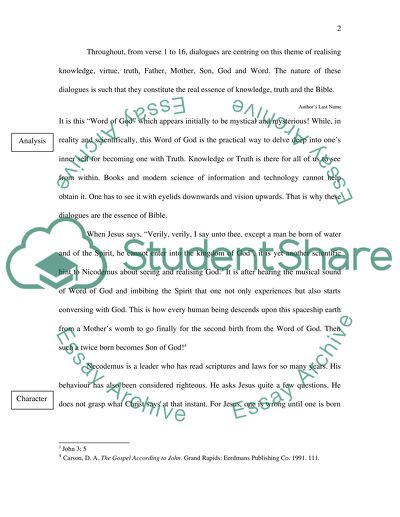Cite this document
(Character and Narrative Function of Nicodemus Book Report/Review, n.d.)
Character and Narrative Function of Nicodemus Book Report/Review. Retrieved from https://studentshare.org/religion-and-theology/1523212-character-and-narrative-function-of-nicodemus
Character and Narrative Function of Nicodemus Book Report/Review. Retrieved from https://studentshare.org/religion-and-theology/1523212-character-and-narrative-function-of-nicodemus
(Character and Narrative Function of Nicodemus Book Report/Review)
Character and Narrative Function of Nicodemus Book Report/Review. https://studentshare.org/religion-and-theology/1523212-character-and-narrative-function-of-nicodemus.
Character and Narrative Function of Nicodemus Book Report/Review. https://studentshare.org/religion-and-theology/1523212-character-and-narrative-function-of-nicodemus.
“Character and Narrative Function of Nicodemus Book Report/Review”, n.d. https://studentshare.org/religion-and-theology/1523212-character-and-narrative-function-of-nicodemus.


